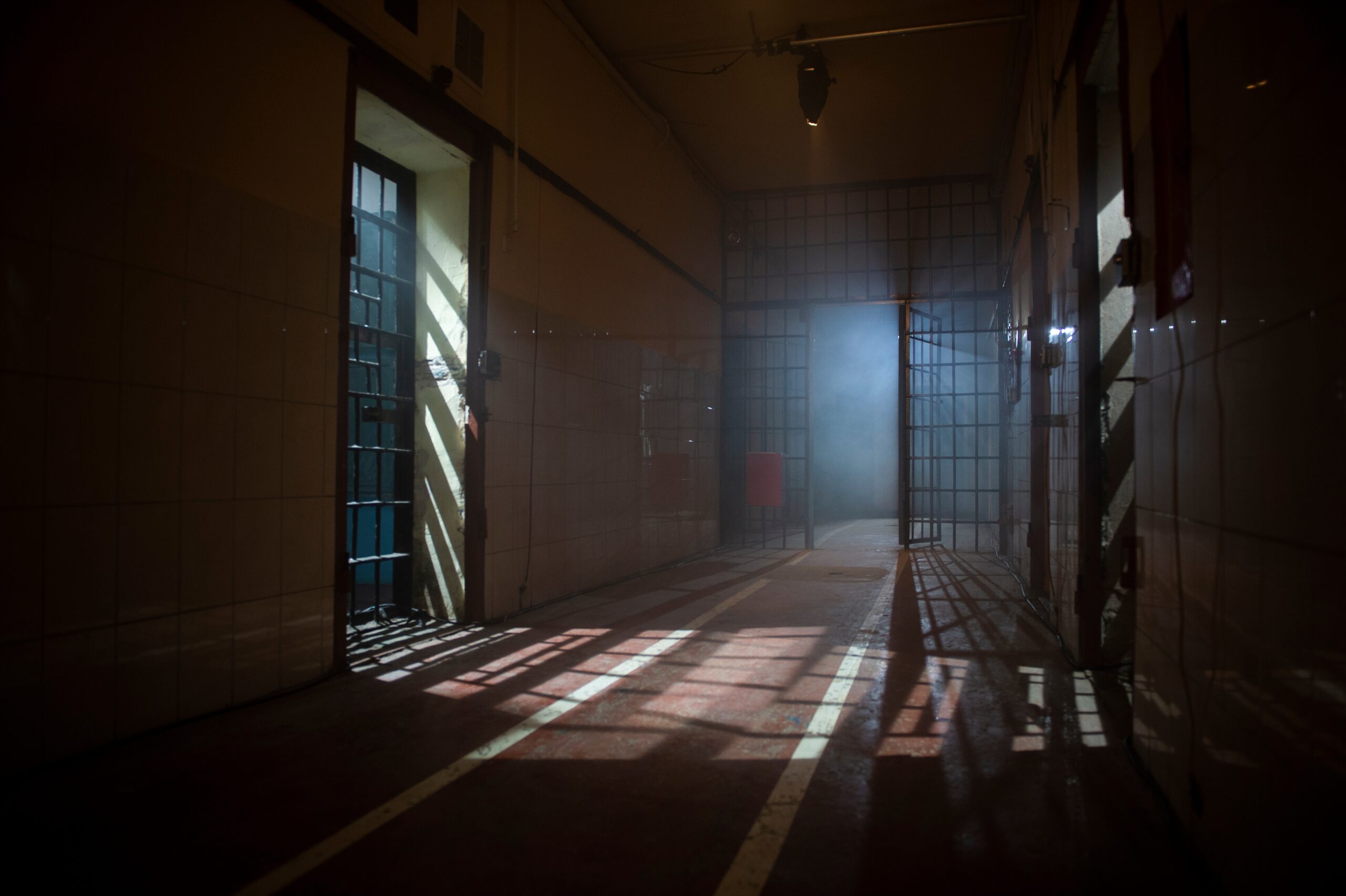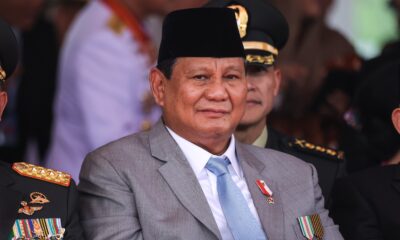J6 Prisoner John Strand Freed From After Supreme Court Decision

John Strand, a former prisoner who was convicted for his actions during the January 6 Capitol protests, has been released following a Supreme Court ruling. Strand, who had been sentenced to 32 months for obstructing an official proceeding and other charges, served a year in federal prisons before his release on July 24.
The Supreme Court’s decision on June 28 in Fischer v. United States significantly impacted Strand’s case. The ruling clarified that U.S. Code 18 §1512(c)(2), used to charge Strand, applies only if there is an attempt to impair records or documents used in an official proceeding. This was favorable for Strand, as his trial judge had already determined there was no evidence of such acts on his part.
Strand’s time in prison, described as “hell on earth,” included harsh conditions and extended periods in solitary confinement. He recounted the mental and physical toll of his imprisonment, comparing the isolation to waterboarding. “I was viciously abused in an isolation environment,” Strand said, reflecting on his experience.
Strand’s legal journey began during the COVID-19 lockdowns, leading to his participation in the January 6 protest and subsequent conviction. His appeal to the U.S. Court of Appeals for the District of Columbia Circuit remains pending.
During his imprisonment, Strand relied on his faith to cope with the harsh conditions. “My relationship with God is the only reason I even started on this journey,” he said. Despite the difficulties, he expressed gratitude for the support from his family, friends, and legal team.
Strand faced severe isolation, particularly in the Miami prison, where he was cut off from contact with attorneys and family. He described the psychological strain of solitary confinement, noting the rapid onset of mental distress.
Rep. Marjorie Taylor Greene (R-GA) brought attention to Strand’s case, highlighting the conditions he faced in prison. Strand recounted how speaking out about his situation led to further isolation and interrogation.
Dr. Simone Gold, a supporter of Strand and founder of America’s Frontline Doctors, expressed shock at the extent of his isolation. Despite multiple attempts by attorneys to reach him, Strand remained cut off from legal and personal contacts during his confinement.
Strand plans to share his experiences in a forthcoming book, “Patriot Plea,” aiming to shed light on his imprisonment and the broader implications of his case.
























